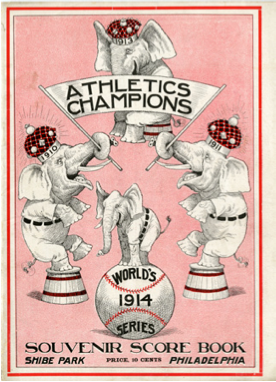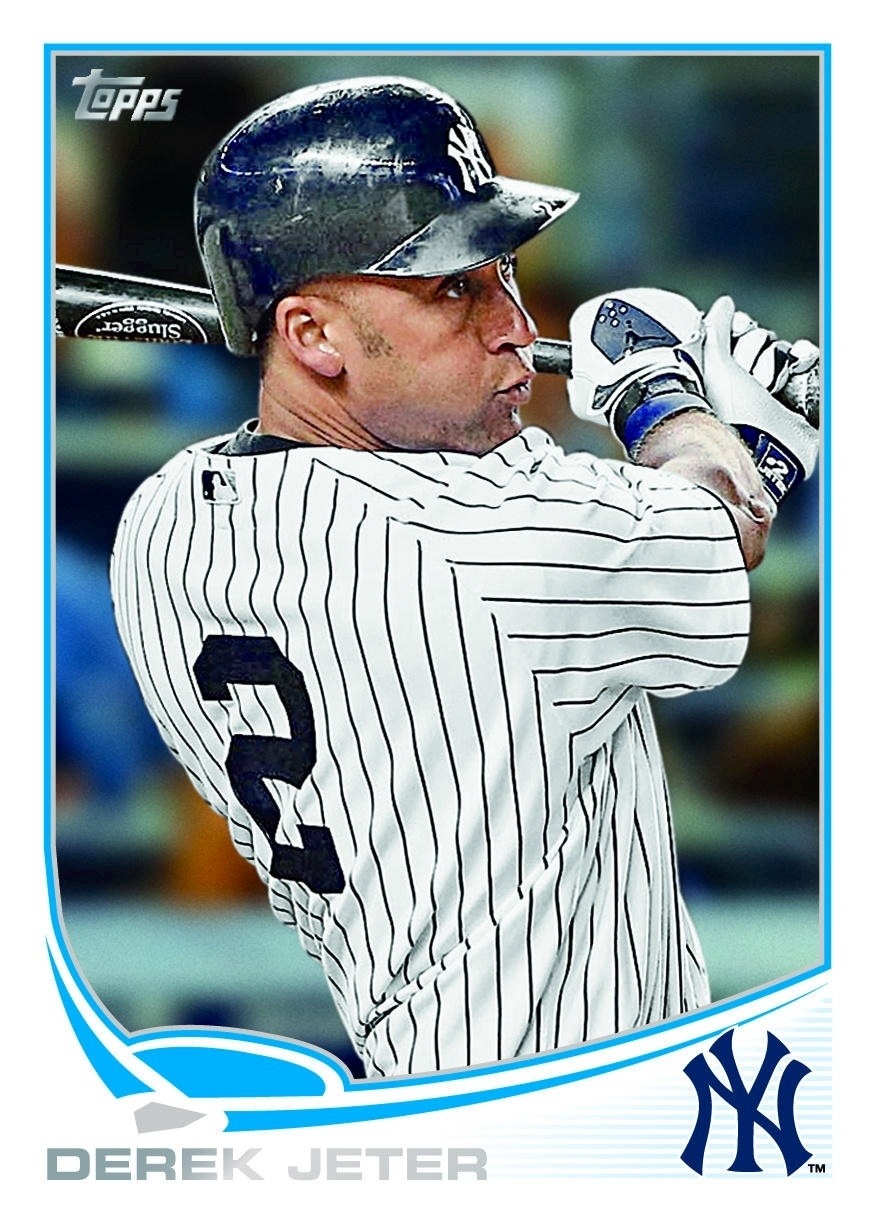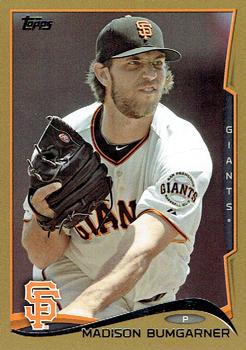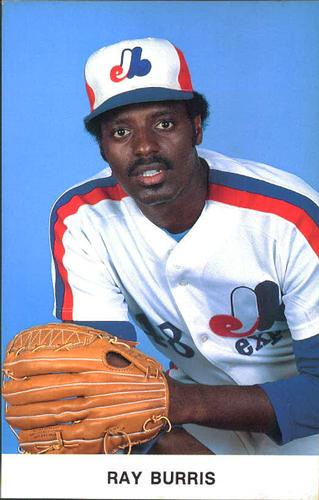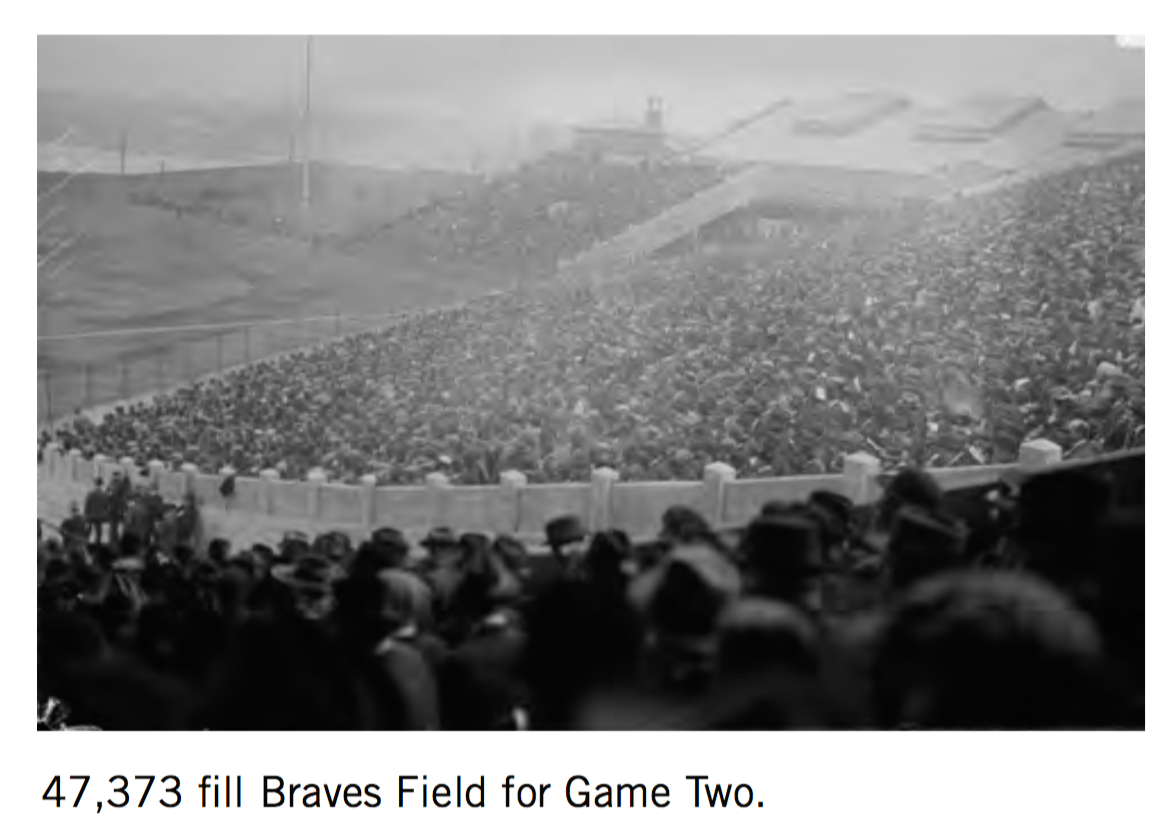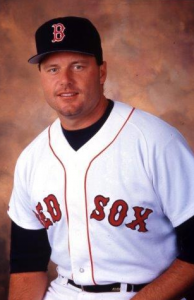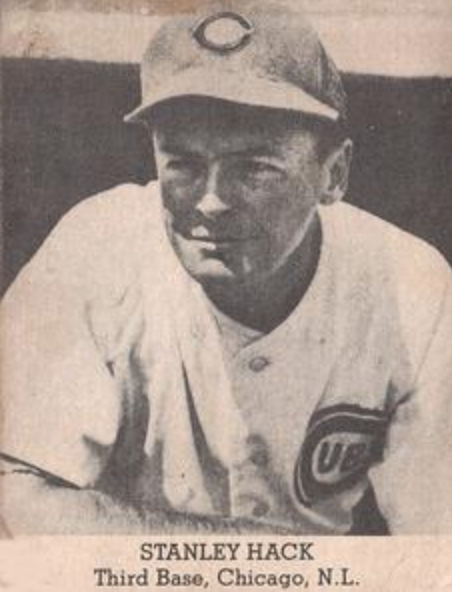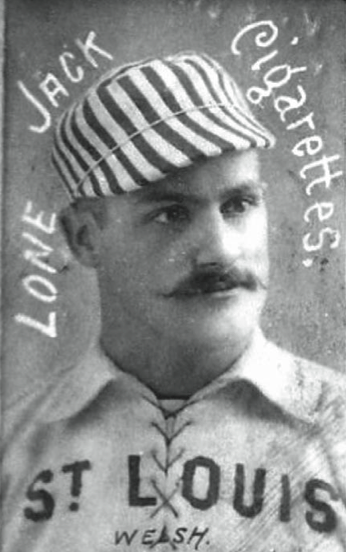October 8, 1948: Gene Bearden shuts out Braves to give Cleveland 2-1 lead in World Series
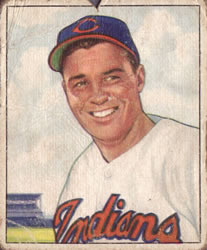
Tribe fever was at an all-time high as the Cleveland Indians’ train pulled into Terminal Tower from Boston. It was the first World Series the locals were able to see in person since 1920. Their opponent, the Boston Braves, had a similar history. Their last trip to the Series was in 1914. Both teams won titles in those initial ventures and now each was looking to add another.
The teams split the first two games at Braves Field, with Boston topping Bob Feller and the Indians, 1-0, in Game One.1 The run, sored by pinch-runner Phil Masi, was not without controversy. Masi was ruled safe when Feller attempted to pick him off at second. But umpire Bill Stewart ruled that Masi got back to the bag ahead of the tag by shortstop Lou Boudreau.
Bob Lemon evened the Series with a splendid Game Two performance, outdueling Warren Spahn, who lasted less than five innings. Cleveland won 4-1 as Lemon stuck out five, walked three, and gave up only an unearned run.
Several members of the 1920 world championship team were in attendance for Game Three. They included Jack Graney, Tris Speaker, Elmer Smith, Steve O’Neill, and Bill Wambsganss. While the fans greeted the players with hearty cheers, they showered umpire Stewart with loud boos.
Game Three was a pitching matchup of two rookie hurlers. Gene Bearden, a southpaw, went 20-7 for the Indians with a league-leading 2.43 ERA. The knuckleball pitcher won the biggest game of the season on October 4. The Indians and Red Sox ended the regular season with identical 96-58 records and the tiebreaker was played at Fenway Park. Boudreau tapped Bearden to shoulder the load and the rookie won his 20th game in a pressure-packed atmosphere.
Boston fans may have been praying for a day of rain, but it was not to be as Boston manager Billy Southworth turned to his own rookie, Vernon Bickford, to start Game Three. The right-handed hurler from Hellier, Kentucky, was certainly no slouch. He posted an impressive 11-5 record with an ERA of 3.27. If Bickford had an Achilles heel, it was his control. Or perhaps his lack of control –he walked 63 batters in 146 innings while striking out 60.
The crowd filled Cleveland Stadium as 70,306 kept the arms of the turnstiles working at a frenzied pace. The weather forecast was for mostly cloudy skies with a threat of scattered rainshowers as the day wore on. But the temperature was an autumn-like 63 degrees.2
Both pitchers were outstanding the first couple of innings. Neither team could mount much of an offensive attack until Cleveland struck for a run in the bottom of the third. With one away, Bearden doubled to right field. Bickford then walked Dale Mitchell to put runners on first and second. Larry Doby slapped a groundball to Eddie Stanky at second base, who tossed the ball to shortstop Al Dark to force Mitchell. However, Dark’s relay throw to first base was high and sailed into the Indians dugout. Bearden scored to give himself, and Cleveland, a 1-0 lead.
Meanwhile Bearden was breezing along. After he set down Boston in order in the first inning, the Braves got men on base with singles in each of the second, third, and fourth innings, but they were unable to push a run across the plate.
The Indians scored again in the fourth, and it was that old bugaboo for Bickford, the base on balls, that started the rally. Ken Keltner walked to lead off the inning. Bickford stuck out Wally Judnich, but Eddie Robinson laced a single to left and Keltner moved up to second base. Jim Hegan then singled to center field to plate Keltner. Bearden also singled, loading the bases. Southworth pulled Bickford and replaced him with Bill Voiselle. The right-hander did his part, retiring Mitchell and Doby to minimize the damage. But Cleveland now led 2-0.
Bearden kept the Braves off the scoreboard. A two-out double by Dark in the sixth inning was the only threat Boston could muster against him. The Braves bullpen, Voiselle and then Red Barrett, shut out the Indians the rest of the way. The final score was Cleveland 2, Boston 0.
Bearden went the distance, scattering five hits, striking out five, and walking none to get the win. Bickford was charged with one earned run, but he walked five batters in 3⅓ innings pitched. “I just didn’t have the control,” said Bickford. “I just couldn’t put the ball where I wanted to.”3
“He’s improved even more than I had guessed,” Boudreau said of Bearden. “It’s probably added confidence that’s doing it and then he didn’t have as much pressure on today as against the Red Sox. That wasn’t a tough game for him. He’ll be in the bullpen and ready for relief if we need him tomorrow. That kid could pitch every day.”4
The teams split the next two games in Cleveland and headed back to Boston for Game Six. Boudreau called upon Bearden to pitch in relief of Lemon. Bearden came through again, pitching 1⅔ innings without surrendering a run in the Indians’ 4-3 win. As of 2018, it was Cleveland’s second and last world championship.
Bearden was never able to duplicate the success he had in 1948. He pitched five more seasons, all in the American League, compiling a 25-31 record.
Sources
The author accessed Baseball-Reference.com for box scores/play-by-play information and other data, as well as retrosheet.org.
baseball-reference.com/boxes/CLE/CLE194810080.shtml
retrosheet.org/boxesetc/1948/B10080CLE1948.htm.
Notes
1 See retrosheet.org/boxesetc/1948/B10060BSN1948.htm.
2 Weather Report, Cleveland Plain Dealer, October 8, 1948: 13.
3 Harry Jones, “Indians Goal 4 Straight Victories After Bearden Beats Braves, 2-0,” Cleveland Plain Dealer, October 9, 1948: 17.
4 Charles Heaton, “Doesn’t Believe He’ll Have to Go to Mound Again,” Cleveland Plain Dealer, October 9, 1948: 16.
Additional Stats
Cleveland Indians 2
Boston Braves 0
Game 3, WS
Cleveland Stadium
Cleveland, OH
Box Score + PBP:
Corrections? Additions?
If you can help us improve this game story, contact us.


